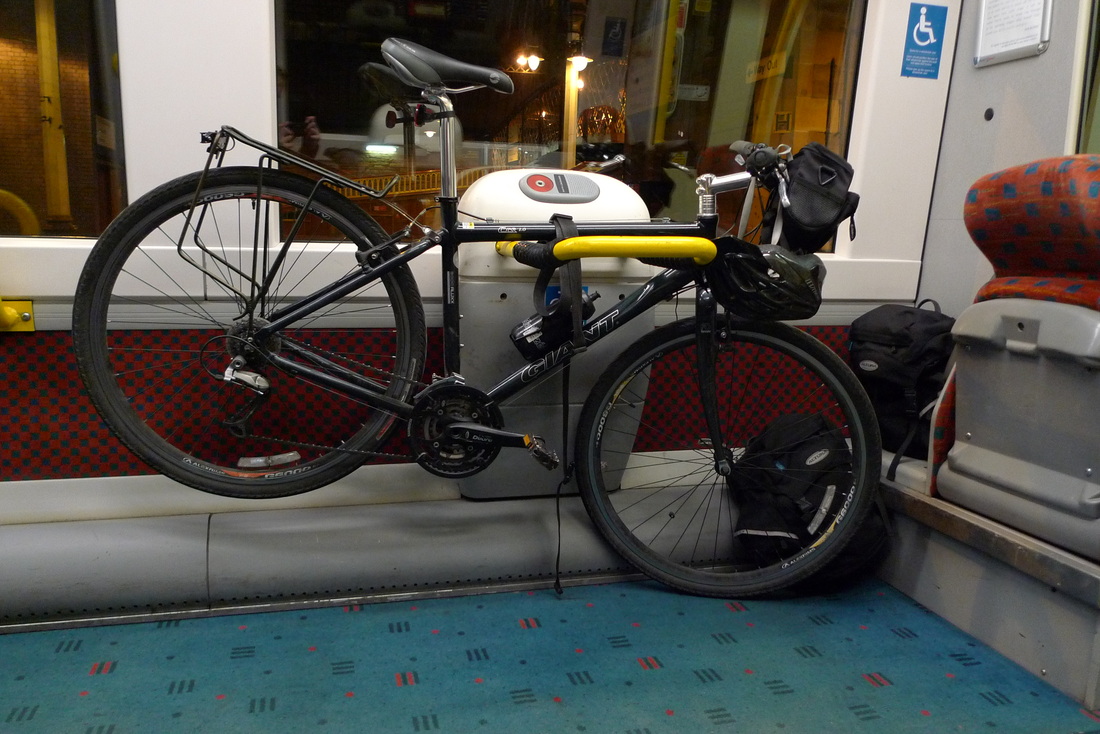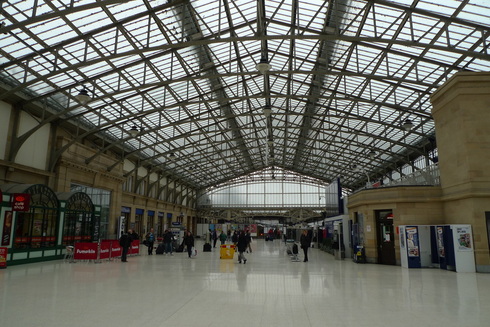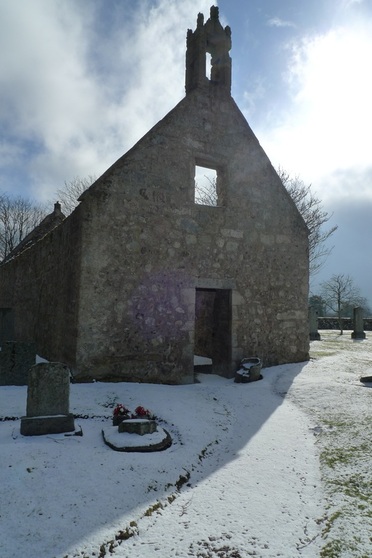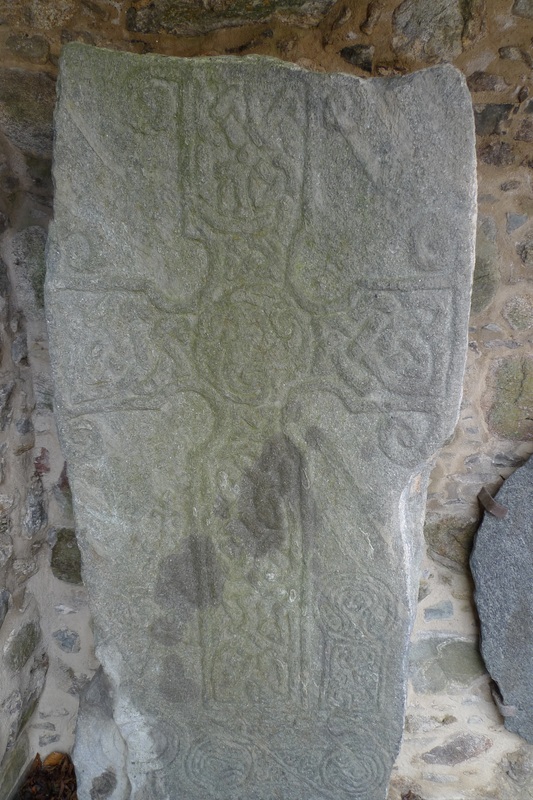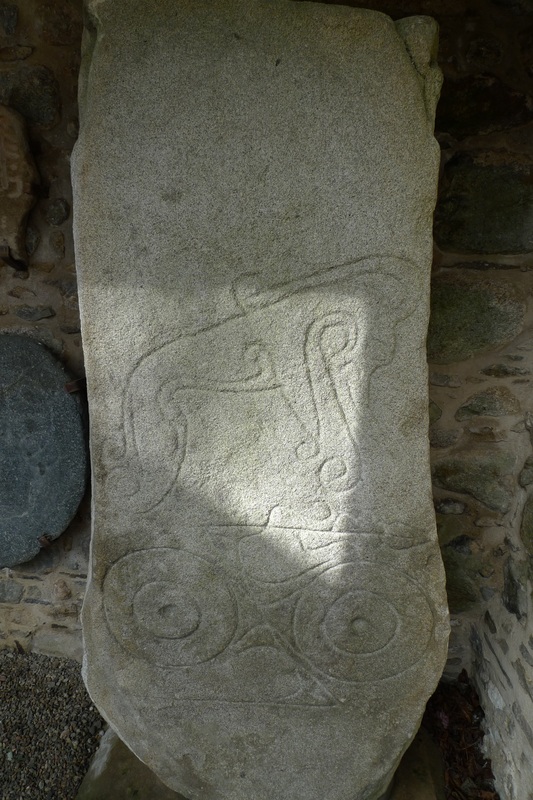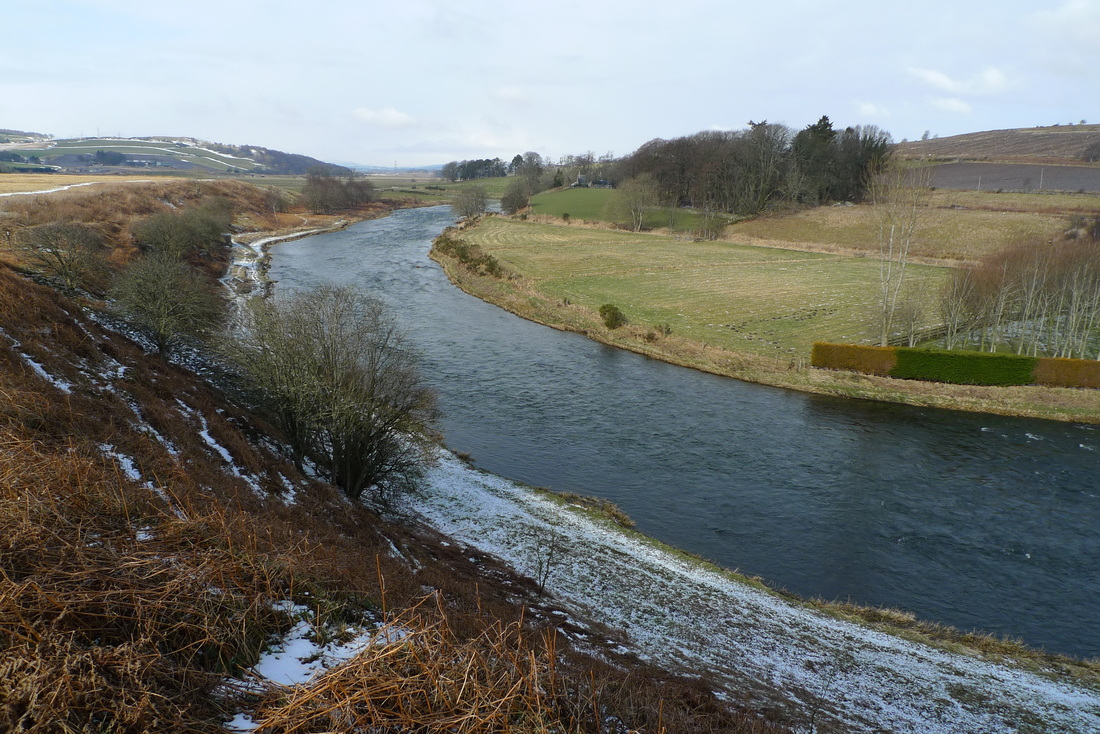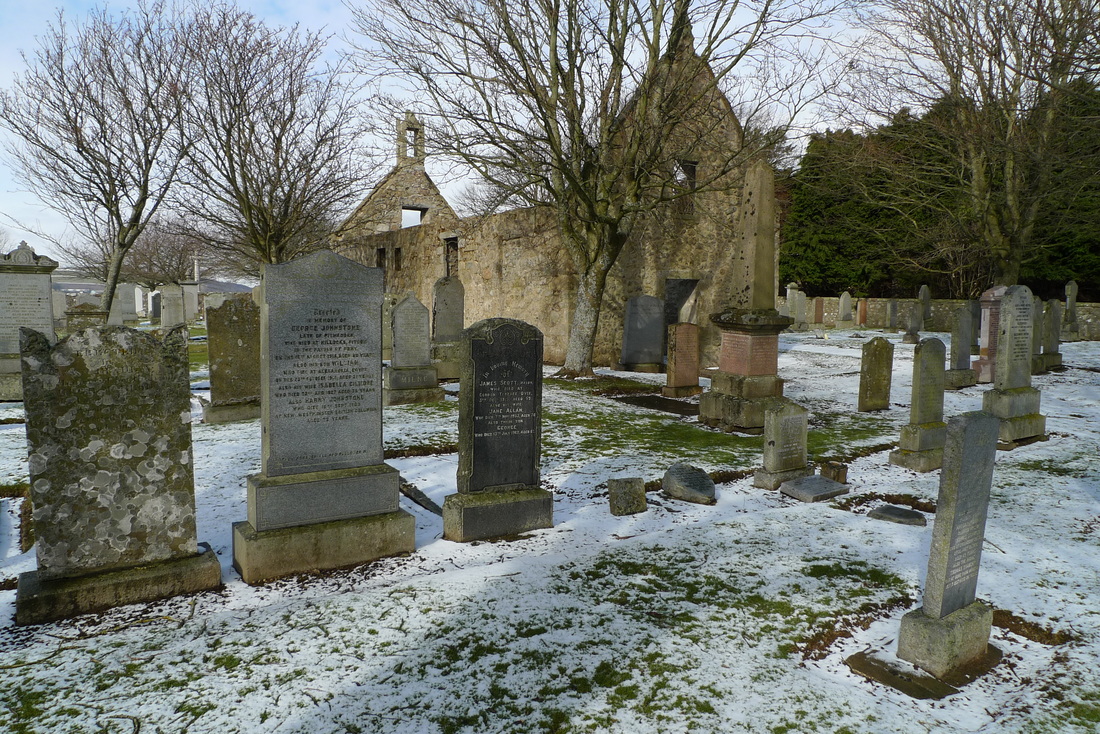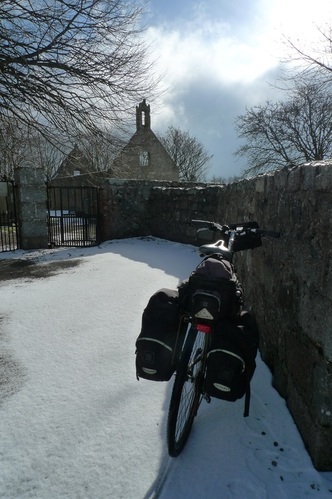|
Taking your bike on the train is fairly easy and hassle free these days, but it wasn’t always this way. “Sorry lads you can’t bring your bikes on the train. You don’t have any paperwork.” A railway employee stood between us and our train. It was due to leave in about five minutes. “I booked our bikes on the train when I bought the tickets,” I explained. “Well, where’s your paperwork?” “We weren’t given any paperwork. They said it was fine.” “Where did you buy the tickets?” “At Glasgow about three months ago.” “Well why didn’t you ask for paperwork? I mean when you buy something you don’t buy it without paperwork. You wouldn’t buy a new car or a fridge without paperwork.” My first ever multiday cycling trip was to Orkney, a group of islands on Scotland’s north coast. I was with my cycling buddy Paul. To get to the ferry port we first took the train from Glasgow to Inverness. Our tickets were checked and no concern raised about our bikes being on the train. I didn’t expect there to be a problem because I had specifically booked two bicycle spaces. However, when we changed trains at Inverness we found this man barring our way. He was refusing to let us travel with the bikes even though I had reserved the spaces. It was frustrating because I knew that I had booked the bikes when I bought the tickets, but he would not believe me unless I could provide something in writing. I tried to explain again. “They didn’t give us any paperwork, so I don’t have anything. They didn’t say we needed anything.” “Well, without paperwork to prove you have bike reservations you can’t take your bikes on the train. You should have asked for paperwork. It is your responsibility to ask.” Paul lost his patience and said, “It’s your system. You should know that they don’t issue paperwork. How can we have paperwork if weren’t given any? You don’t know your own system and you are blaming us.” “Yeah, but you bought the tickets in Glasgow. You should have asked them for paperwork,” he was sticking to his argument and continued to block our way to the platform. “Look, you can leave the bikes behind if you want and get on the train, but you can’t come on with the bikes.” That was such a stupid thing to say. Why on earth would we do that? “But this is your system. It is not our fault that we were not given paperwork. You are at fault here, not us,” Paul insisted. “Can’t you check it on the computer?” I tried. He mumbled about this, “There is no record kept. The only record is the paperwork that you should have. You have no proof that you reserved bikes.” He was tall with spiky hair that was loaded with gel. He appeared to relish the fact that he was using his power and aggressiveness to stop us getting on the train. I think he was enjoying this. “This is a rubbish system and it doesn’t work. We need to get on the train and we have a legitimate booking,” Paul was having none of this and he was much better in this situation than I was. I didn’t like the confrontation and started to believe that we would have to give up. The train was due to leave in about two minutes. If we did not get this train we would not be able to catch our ferry to Orkney. Our nemesis shook his head, “Okay,” he sighed and moved aside reluctantly so that we could pass. “You should really have paperwork.” We had made it on the train, but had to suffer this shocking behaviour. There was clearly a weakness in the system to book bicycle spaces. Bike reservations were being done without a proof of reservation being issued, but this guy refused to believe this or acknowledge that the system could be at fault. I also could not understand why there was no central computer system that could be checked to verify our reservation. It was an unpleasant beginning to our first cycling trip. This had been stressful as it could have meant an end to our holiday. We were worried that the same thing could happen on our return rail journey in one week. It was agreed that we had to sort this out as soon as possible so that this worry would not be on our minds. I talked to the guard on the train and told him about what happened in the station. “Is there any way to check that there is a record of our bike reservations on the return train?” He was a tired looking older man with a handlebar moustache and a Devon accent. “I don’t have any means to check, but you could try calling Inverness station.” We were disappointed that the best he could do was provide the phone number for the station rather than make the call himself and speak to his colleagues. However, we were not surprised. Not much was expected in the way of customer service on the railways compared to nowadays where there are systems and training dedicated to providing high standards of customer care. The telephone call to Inverness station was successful and we were told categorically that everything would be fine with our bike reservations on the return journey. The man on the end of the phone asked me to describe the guy on the ticket barrier at Inverness who refused to let us pass. “Oh yes, I know who you mean. It doesn’t surprise me it was him.” I couldn’t believe how disjointed this system was! An employee was clearly aware of a colleague who was giving bad service and sharing this with me on the telephone. It was unbelievable, but the main thing was that we could get our bikes on the train. This was the bad old days and it is only fair to point out that this was when a different company operated the Scotrail franchise. First Scotrail, who currently run the trains, have proved to be much better with bicycle reservations. It is a smoother process where you receive an actual ticket for your bike reservation, so that you now have this precious “paperwork”. I have never had a problem with the current system and when online bicycle reservations became a reality it has been much simpler to arrange cycling trips using the train. My only gripe is that trains do not have enough space onboard for all the people wishing to use the service, particularly in the summer months, and I can find bike spaces often fully booked. In a previous blog post I provided the top ten tips for taking your bike on the train. I came across this video of cyclists using British Rail in the 1950s where the process seems much calmer, customers focused and hassle-free than the experience I had on my Orkney trip. When I watch this video I always smile and think back to that time at Inverness station. Sixty years of progress doesn’t seem to have improved the way that bikes are carried on trains.
2 Comments
Problems on the railways ruin my plans, but divert me to sixth century standing stones in the snow. At Aberdeen station disaster struck. I tried to board my train to Inverurie and could not get on. People were squeezed up to the doors and stared back at me and my fully loaded bicycle, most probably thinking, “no chance!” I did the walk of shame back down the length of train, aware of being watched from the packed carriages. “I’ll get the next one!” I called out cheerily to the guard standing on the platform, trying to hide my disappointment and embarrassment. “Trespasser mate. On the line between Dyce and Inverurie. The train before was cancelled, like. They’re all piled onto this one now. Don’t know when we’ll get away. “ The guard delivered this information with a cheery voice and a smile as if telling his mates down the pub that his team had just won the match. He really didn’t seem bothered by it all and it made me determined to show him that I was equally relaxed about it. However, when I was told that the next train to Inverurie was not scheduled for over one and a half hours I could feel the annoyance bubbling inside my stomach. This was seriously going to ruin the cycling trip I had planned. I had a look at the departures board, just in case there was another option. There was a train to Dyce due in about 15 minutes. Was that of any use? I got out my map to see how possible it was to cycle from Dyce to Inverurie. I needed a route that avoided busy roads and motorways otherwise it was not an option.Yes! There it was, a route using mostly a minor road and some B roads. It was going to add another 15 miles to the trip, but it was better than standing about waiting for the next train to Inverurie that could also be delayed. I got on the train to Dyce and felt proud that I had managed to conjure up a plan B and rescue my trip. I didn’t really want to have to cycle between Dyce and Inverurie, but I looked upon it as a little adventure. When the ticket collector came round I explained why I had a ticket to Inverurie on a train that only went as far as Dyce, “I am going to try to cycle from Dyce to Inverurie.” She gave me that ‘are you mad’ look as we passed through a snowy landscape. The train only takes about ten minutes from Aberdeen to Dyce and I was soon cycling along roads that were not much fun. Dyce is where Aberdeen airport is located and there are a lot of office complexes and industrial units on the outskirts. This results in considerable traffic, some of which is articulated lorries that made me wince when they trundled past. I began to wonder if the coffee shop at Aberdeen station for a one and a half hour wait might have been preferable, but luckily it was not long until I reached the turn-off to the minor roads that would take me to Inverurie. Soon after leaving the roaring lorries behind me there was a sign, “Dyce Symbol Stones.” It pointed away from my route, but I was curious so I went to investigate. The road was fresh with snow and no tyre tracks, so I was the first on it this morning. It climbed to a spot overlooking a curve in the River Don, the sixth longest river in Scotland. There was a ruined chapel and churchyard with untouched snow leading to the gate. My tyre tracks the only evidence of activity. Inside the chapel are two standing stones, one on either side of the doorway. The oldest of the stones dates from the 6th century and has some sort of beast and Pictish symbols carved into it. These symbols remain a mystery with no definitive answer as to their meaning. The other stone has an easier carving to understand- a cross. The Picts were a group of people who lived in eastern and northern Scotland during the Late Iron Age and early Middle Ages. This region of Scotland has an abundance of Pictish stones and they mostly sit in natural surroundings, often exposed to the elements. The chances are high that you will be the only person at the time of your visit and you will have silence and space to appreciate the stones and perhaps come up with your own theories about the meanings of the carvings. Utter peace and quiet is what I experienced in this place. Only minutes away there were busy roads, noise and industry, but in this spot there was solitude. I really wanted to stay longer, perhaps sit down for half an hour and empty my head, but I had to push on and get to Inverurie. Even on a cycling trip time is precious. If it was not for a delayed train I would never have discovered this place, so it was one of those rare occasions that I was happy to be a victim of a public transport disaster.
Getting there
Dyce is a 10 minute train journey from Aberdeen. Aberdeen can be reached by train from Edinburgh in around 2 hours 20 minutes. From London journey time to Aberdeen is around 7 to 8 hours. The Dyce Symbol Stones are a 2.2 mile cycle from Dyce train station. The route is shown on the map. Leave the station on Station Road which takes you to a crossroads. Turn left onto Victoria Street. Then take the second road on the left- Pitmedden Road. Parts of Pitmedden Road can be busy with traffic, but at these points the road is wide enough for safe passing. Follow this road until you see the sign for the Symbol Stones which involves a right turn and crossing a bridge over the railway. There is an old pillbox guarding the bridge. Take this road until the churchyard comes into view. Dyce is also the starting point of the Formartine and Buchan Way, a cycle and walking path over a disused railway line. This goes all the way to Fraserburgh and Peterhead. You can read about my cycle on this route in Riding the rails. You could combine a visit to the Dyce Symbol Stones with a cycle on the Formartine and Buchan Way. |
Categories
All
Archives
July 2024
|

